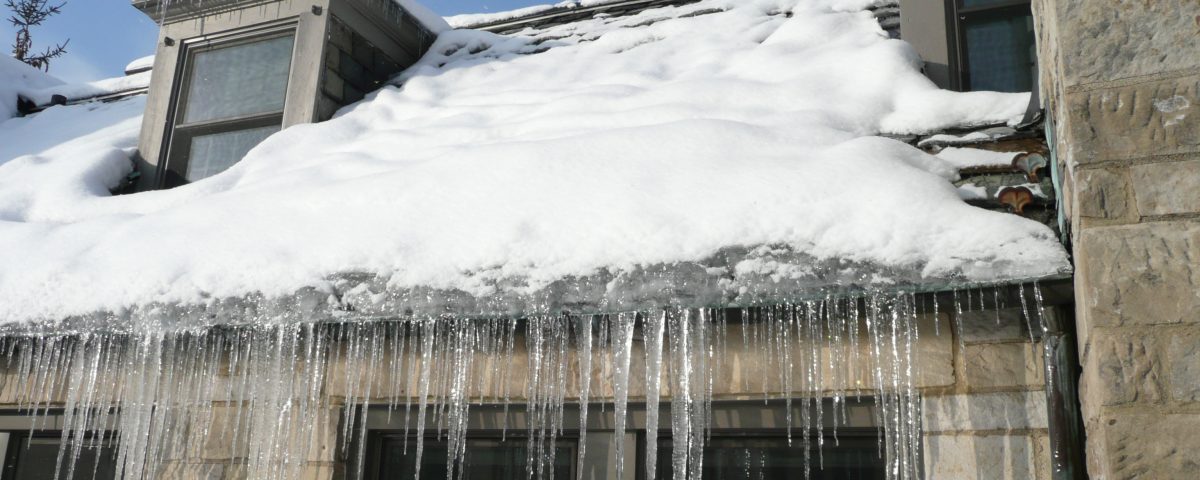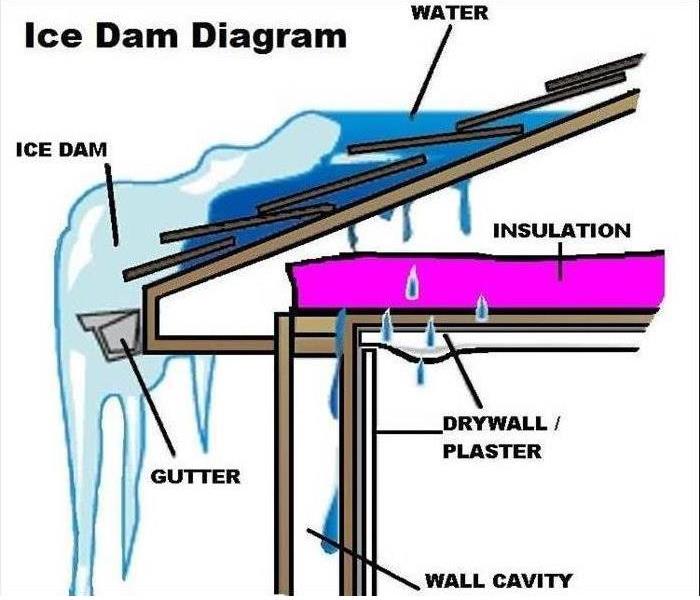How to protect your home in the winter

Tips for prepping your home for the winter months in northern Illinois
Winter in northern Illinois can be brutal. If you’re a Rockford resident, it was just six weeks ago that the first snowfall came down in the form on a 10-inch flurry. Aside from making the roads much more hazardous, snowstorms and other forms of inclement weather in the winter months can cause serious issues with your home.
Kiplinger’s Kimberly Lankford wrote about different ways that homeowners can avoid issues in their home that can can cause thousands of dollars worth of damage. Of course, having good home insurance will prevent you from having to pay for many of these damages out of pocket, but in reality a responsible homeowner will take steps to ensure a home is protected before a claim can ever occur.
Here are some of the most important tips Lankford suggests for keeping your home safe this winter:
- Don’t let those pipes freeze: This might be the most obvious of these tips, but in the insurance industry we still always see claims in the wintertime due to frozen pipes. The simple fact is water expands when it freezes, so if the pipes in your home have water and get below freezing temperature they will burst, which can cause thousands of dollars of damages to your walls, floors, and structure of your home. If you’re ever away on vacation for an extended period of time during the winter, make sure your house stays about 60 degrees. Even so, extra steps can be taken. Wrap pipes in the cold parts of your home in insulation, open kitchen and bathroom cabinets to allow warm air to circulate near pipes in those areas. It can also be beneficial to let water drip from the faucets to keep it flowing.
- Avoid ice dams on your roof: Ice dams might be the second-most problematic peril caused by winter weather. Simply put, an ice dam occurs when heat from your home melts snow or ice in the middle of your roof, which then refreezes near the edges, creating a dam that can allow water to leak into your insulation and drywall. Icicles hanging from your gutters can be a sign that ice dams are forming. One way to prevent these dams is to make sure your attic is no more than five to 10 degrees warmer than the outside air so that the snow and ice on your roof do not melt. Proper insulation in the attic will also keep heat from escaping.

- Keep an eye on your roof: Ice dams are bad, but a roof collapse is even worse. If you have any areas of your roof that are flat, you are particularly at risk for snow causing some sort of collapse. The heavier and wetter the snow, the more likely this is to happen. Consider shoveling snow off flat portions of your roof using a long-handled rake or shovel so you aren’t actually on the roof. You can also hire a contractor if there is serious enough snowfall.
- Have some “emergency kits” on hand: Losing power or being stranded doesn’t sound very likely, but it can happen in the right circumstances. Always keep a few flashlights, batteries, a radio, and a phone that can be used without being plugged in (i.e. a cell phone). A three-day supply of food and water is always a good idea, too.
- Buy a generator: This might seem unnecessary, but a backup generator can keep your heat and electricity going when the power goes out. This will help prevent frozen pipes, too.
For a full list of winter home protection tips, visit the article posted on Kiplinger’s website.
Eckburg Insurance Group is the largest home and auto insurance provider in northern Illinois. We can cover all your home, auto, business, and life insurance needs. Our dedicated staff, made up almost entirely of men and women who were raised in our community, works tirelessly everyday to keep you protected. Call us today at (815) 877-4100 or click here for a quote!

